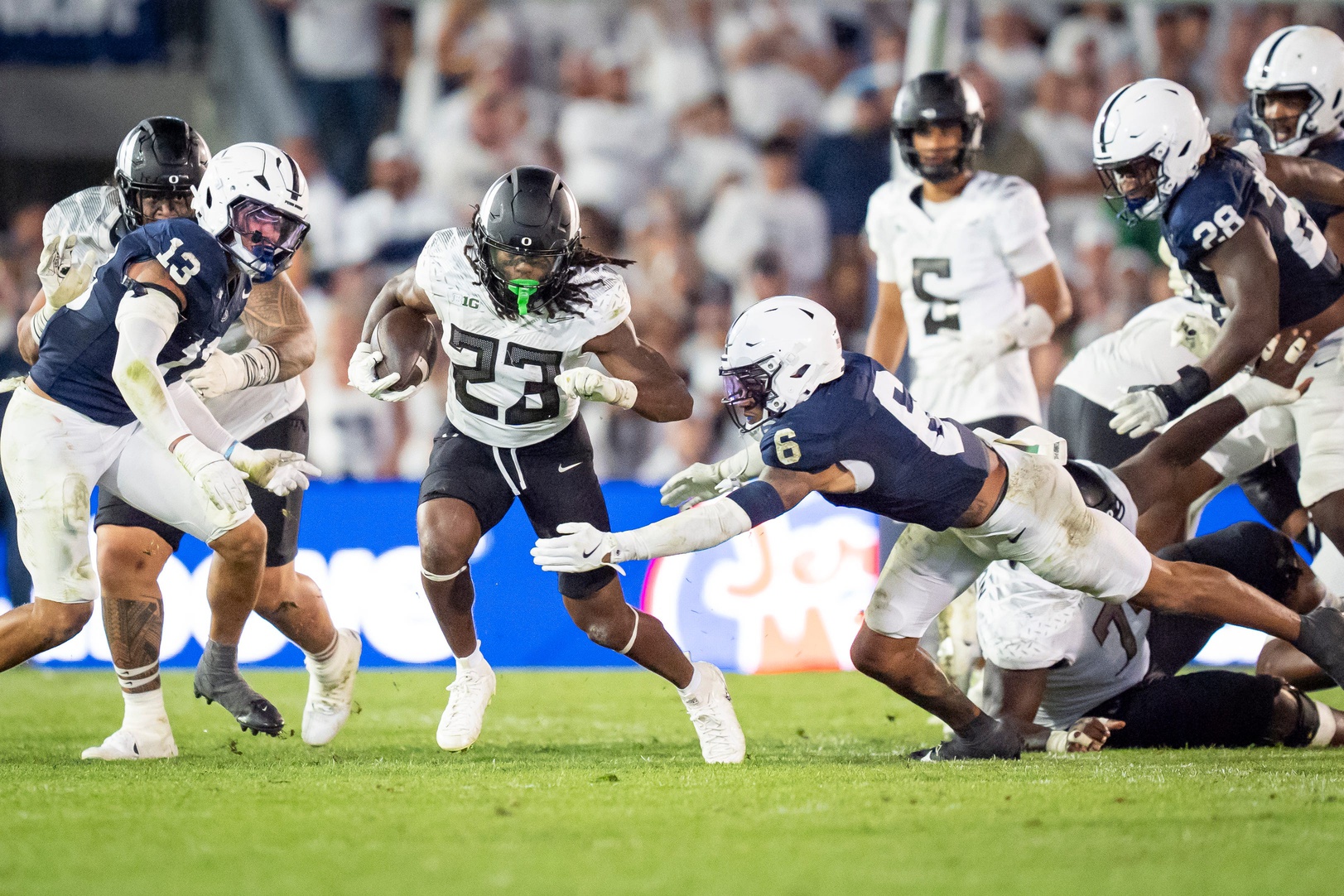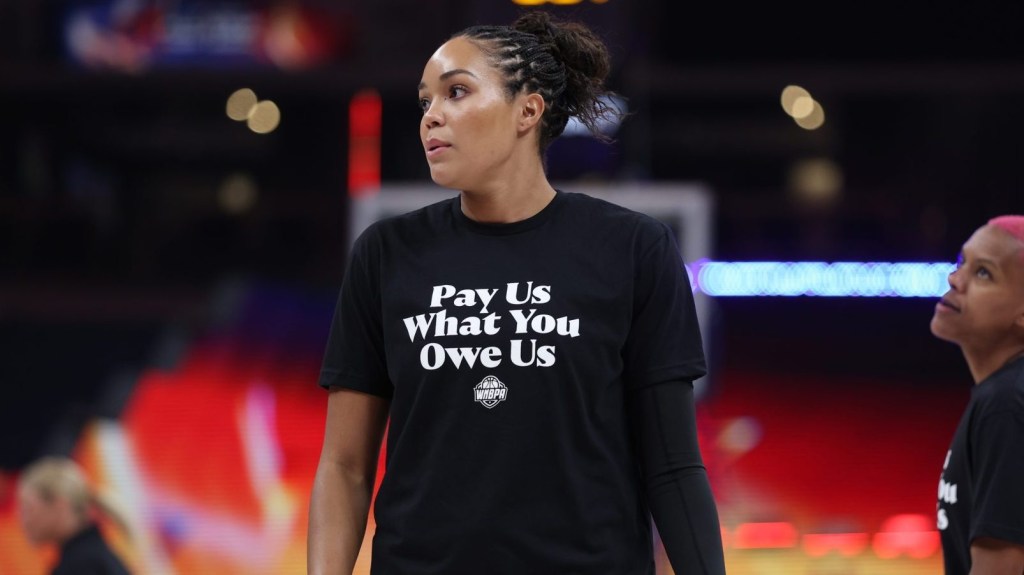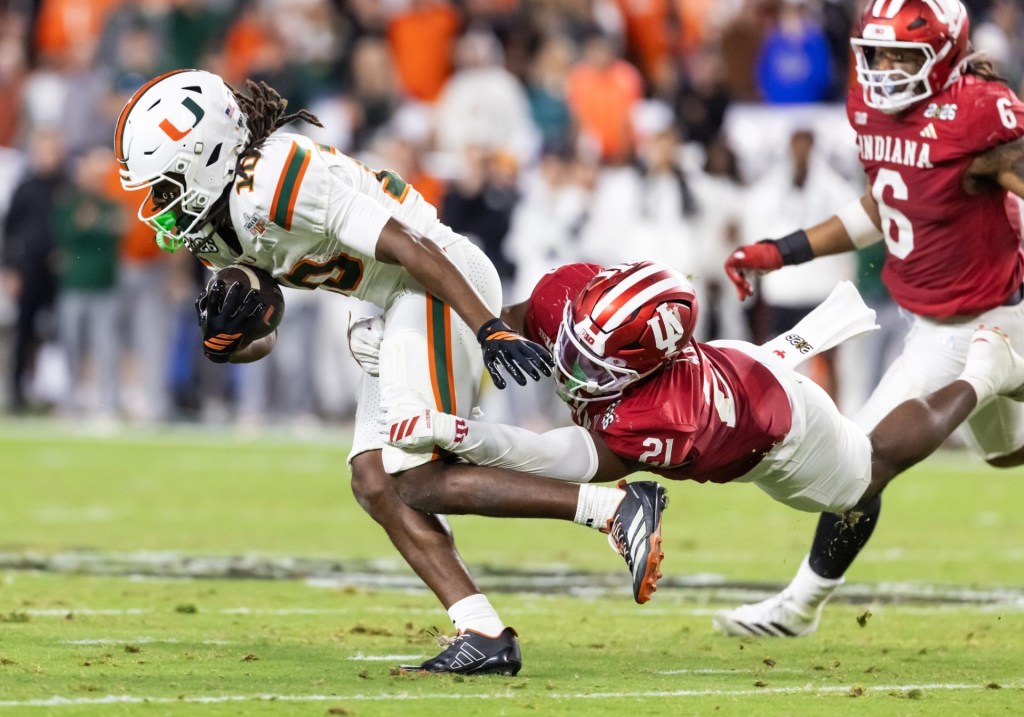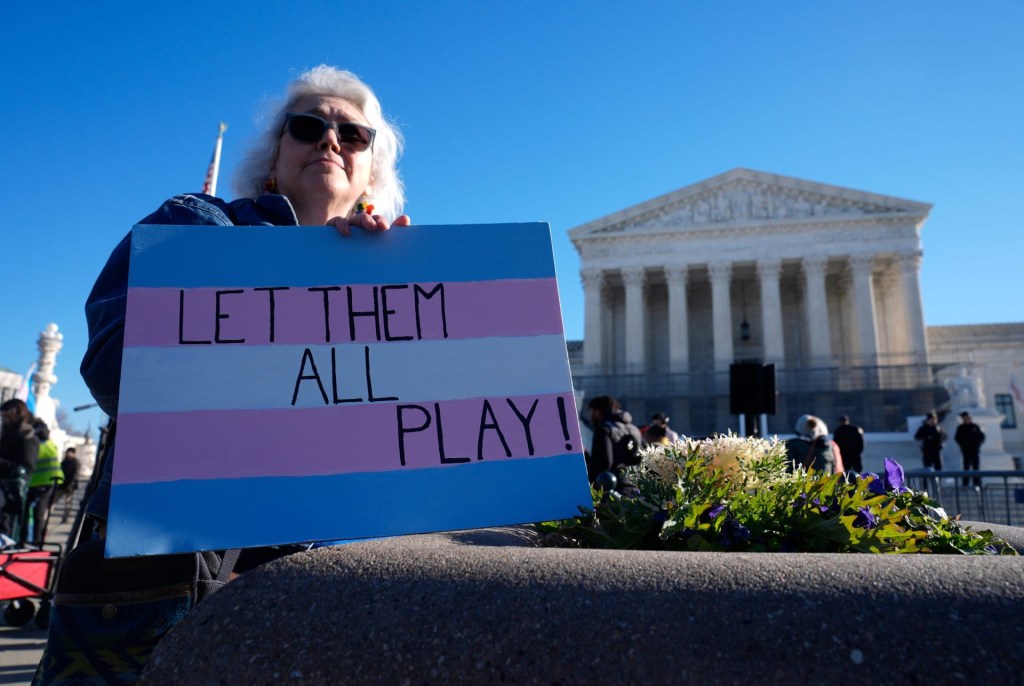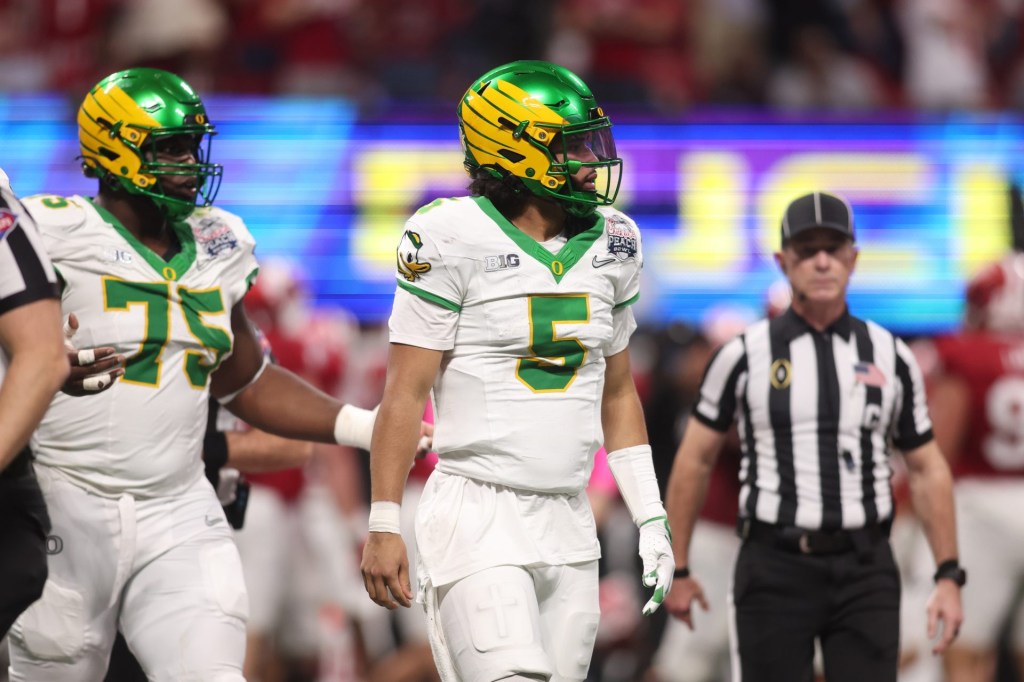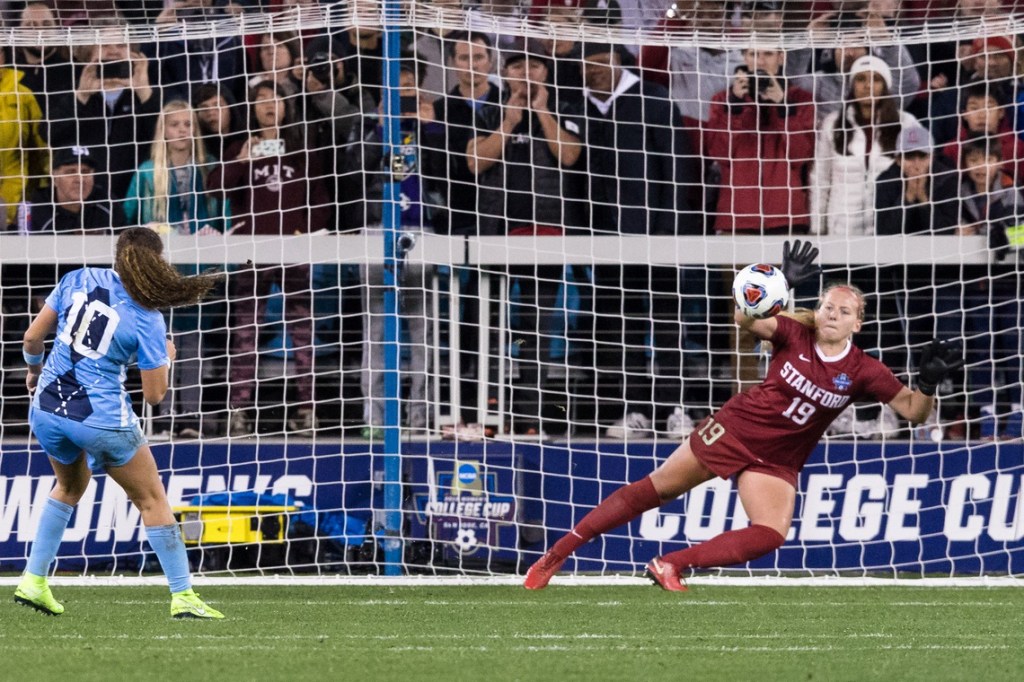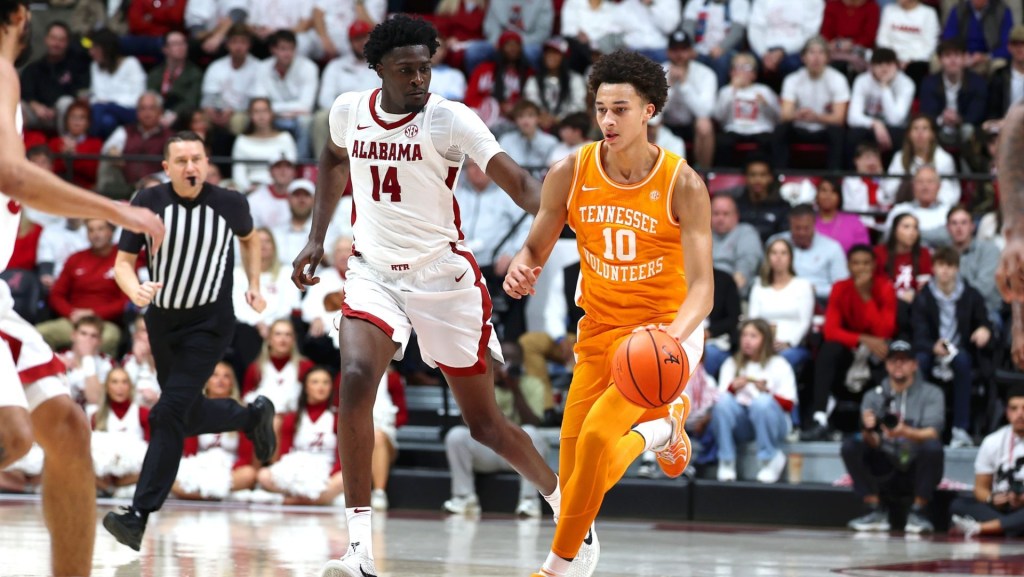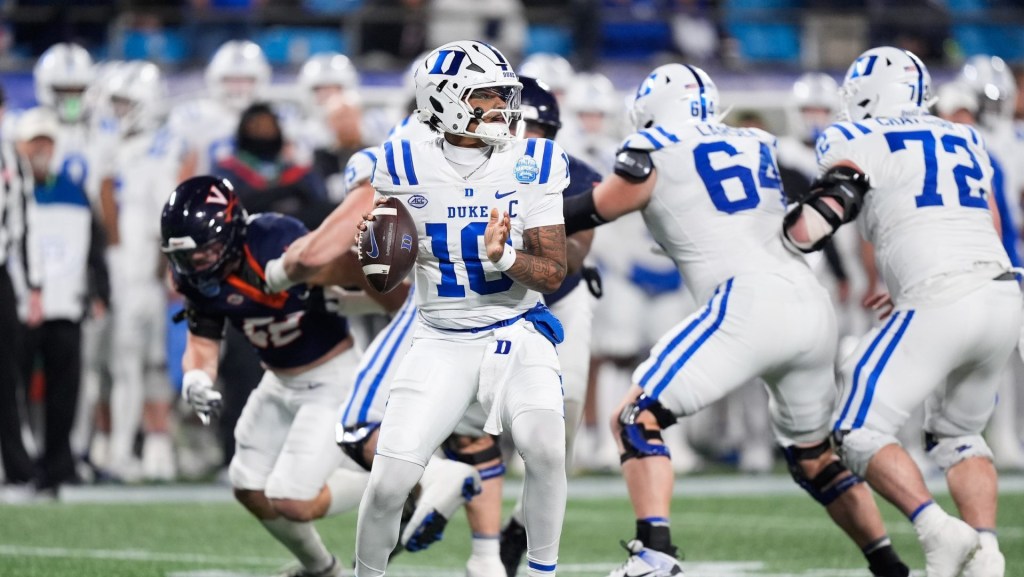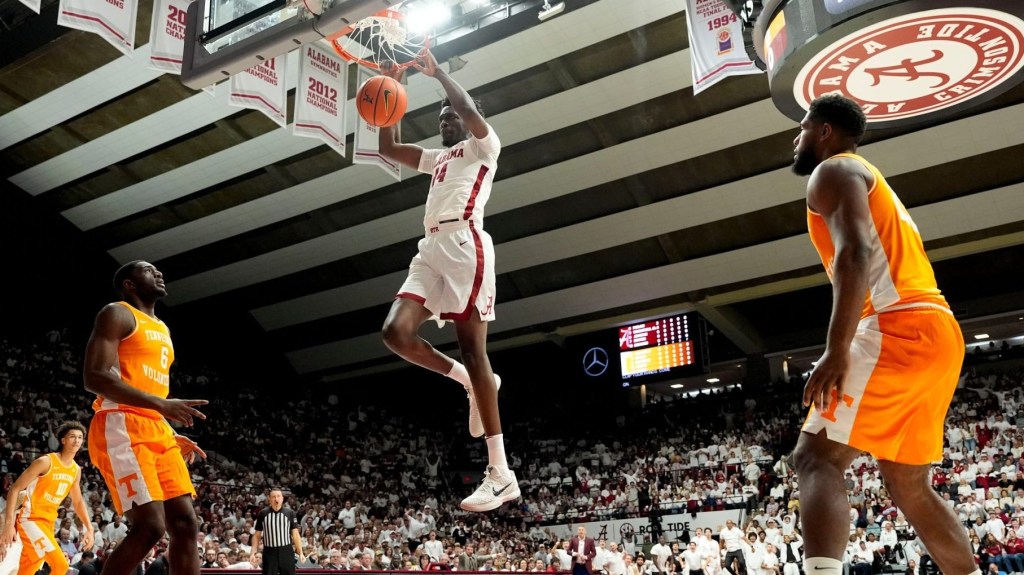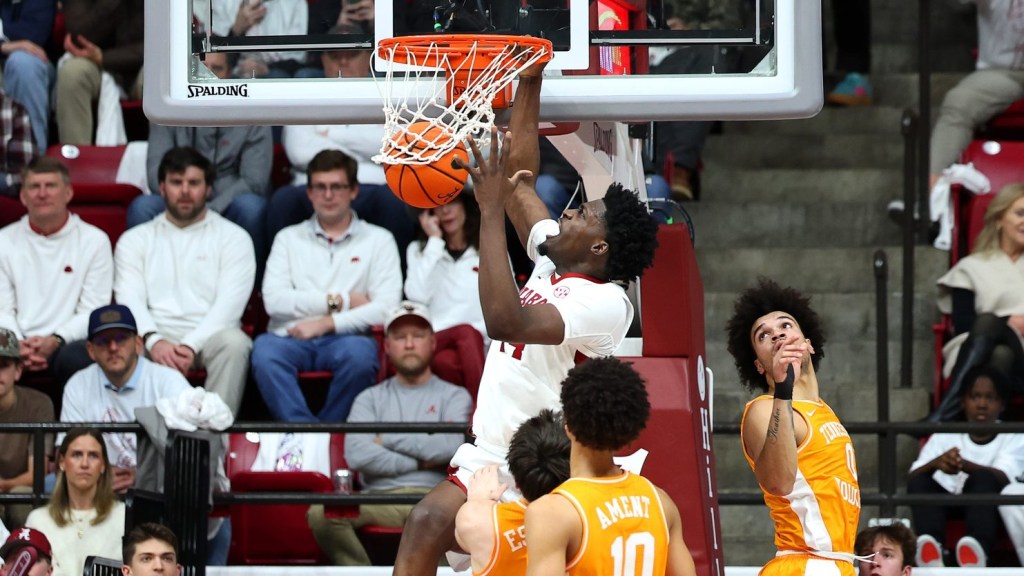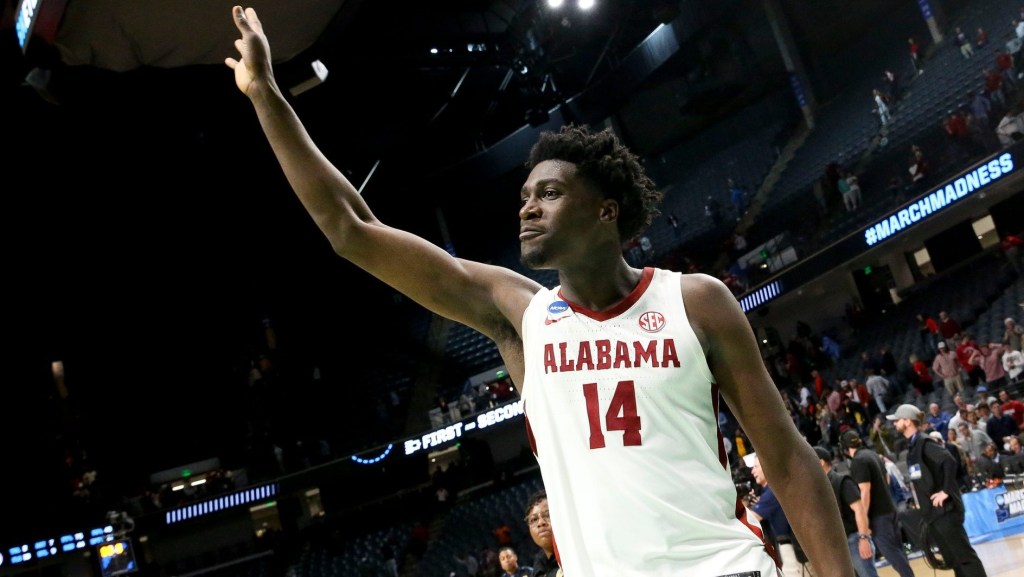The College Sports Commission, which runs NIL Go, is creating an “anonymous reporting tip line” to share information about NIL (name, image, and likeness) rules violations across Division I college sports, a CSC spokesperson confirmed to Front Office Sports.
Some in the industry are calling it a “snitch line.”
The College Sports Commission was established this summer to enforce the new rules of the House v. NCAA settlement. Some of those rules include ensuring no school goes over the new revenue-sharing cap (at $20.5 million per school this year) and no school offers more roster spots than the new limits allow. The CSC also launched an NIL clearinghouse called NIL Go. Athletes must report all NIL deals worth $600 or more with the NIL Go tool to ensure they are being offered at fair-market value for a “valid business purpose,” rather than being used as pay-for-play in disguise.
The College Sports Commission has faced many issues since NIL Go officially launched in June: it flip-flopped over which (if any) deals NIL collectives could offer and made errors in its first public reporting deals. Millions of dollars worth of prospective NIL collective deals have been sitting in limbo for weeks—and in some cases a month or more—without being approved or denied, and players have lost out on opportunities as a result.
The issues could continue if the College Sports Commission cannot adequately enforce its rules.
NIL Go only has four full-time employees to manually scrutinize every deal. It’s unclear how the CSC would be able to uncover rules violations among schools, collectives or other NIL entities.
Now, the CSC hopes to rely on the industry to partially police itself.
The CSC spokesperson said more information would be available about the tip line in the coming weeks.
